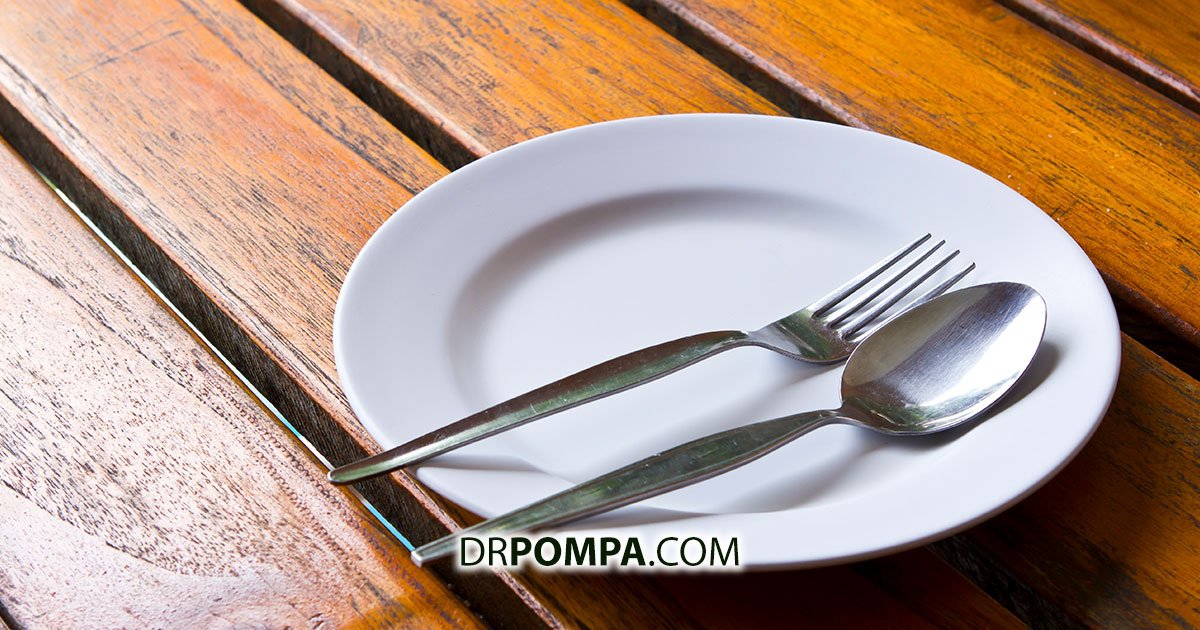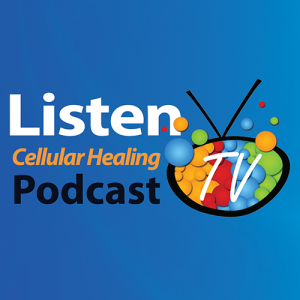Women and Fasting
It’s no surprise how passionate I am when it comes to the subjects of prolonged fasting, intermittent fasting, and ketosis… but something that has been coming up a lot lately is the topic of women and fasting, particularly that it is not healthy for women. Now there are not a lot of studies out there diving deep into this subject, but I can tell you from my clinical experience working with thousands of people, and training physicians, that women can absolutely incorporate fasting and ketosis into their lives successfully. I am here today to explore this subject of women and fasting, and explain how women (yes, even with thyroid and adrenal issues!) can reap the incredible benefits of fasting.

Women and Fasting: What is Intermittent Fasting?
Intermittent fasting (IF) is eating in a restricted time window within the 24 hours of a day. Whether it be 8, 6, 4 hours, or even a single meal for the day- IF is the act of consciously eating within that limited time window. This extended time without food supports the body in becoming “fat adapted,” whereby it uses fat (ketones) for fuel, instead of the conventional sugar (glucose) provided when we’re eating around the clock.
Women and Fasting: What is Ketosis?
Ketosis is a metabolic process that happens when you consume a very low amount of carbohydrates per day, forcing the body to use fat for fuel. It goes very well with an IF lifestyle, because the body’s blood sugar levels become very stable, and the body gets really good at burning fat.
Ketones levels are measured very simply using a small finger-pricking device called Keto-Mojo and nutritional ketosis is getting a reading of over 0.5mM.
Women and Fasting: Why Not?
The chatter suggesting fasting is bad for women revolves around a few key points, predominantly that women’s bodies (particularly hormones) are not made for fasting in general, and also that women’s modern-day hormonal problems (like adrenal depletion and thyroid issues) are exacerbated by the stress of fasting.
When we look back at our ancestor's patterns, it is pretty obvious that feast-famine cycles did not only apply to men; all people naturally partook in the cyclical nature of eating a lot and then going extended periods of times without food.
In terms of modern-day hormonal problems, this subject is very real; women’s hormonal systems are under a lot of pressure, and I see so many women with thyroid (especially hypothyroid) and adrenal issues, and they do generally have a harder time becoming fat adapted. In fact, my wife Merily was one of those people: it took her three months on a ketogenic diet to start generating those 0.5mM level of ketones. Although there is an adaptation period for all people, it regularly only takes a couple of weeks.
Despite the struggle to get there, simply avoiding the world of ketosis and fasting all together because of preexisting adrenal and hormone issues is truly not the answer. There are ways to tailor these mechanisms (for both men, and women) to cater to the individual needs of the person, which will not only be a gentler process on the body but will also maximize results in the long run. This tailoring for women and fasting is what I call diet variation, or “feast/ famine” cycles.
Women and Fasting: Diet Variation
What is diet variation?
Diet variation is, varying the diet using a low carb (ketogenic) diet, and incorporating at least one feast day, and at least one famine day, per week. A feast day can be an increase of carbs, or of protein, or even just a general increase in calories. A famine day is one meal or a day of total fasting. There are different versions of diet variation, which you can tailor to your individual needs and also change over time as your body adapts and gets more metabolically flexible.
Why Diet Variation Works
Using diet variation forces the body to adapt and ultimately optimize in ways that simply do not happen with a single, prolonged (keto or otherwise) diet alone. When we vary our diet, the hormonal shifts for adaptation re-establish and trigger the body’s ability to burn fat for energy (which means a fat loss), but also prevents us from burning out. This burnout is particularly prevalent with those suffering from underlying hormonal and adrenal issues, which most of the time are women. Incorporating feast days reminds the body that it is not starving so that it can tap into those fat stores without fearing that the famine cycle is going to continue on indefinitely.
Each time my clients move in and out of ketosis, the easier it becomes. The body adapts very quickly and becomes more and more metabolically flexible. After going back and forth between ketogenic and non-ketogenic states, it now takes Merily a matter of days (not months) to enter ketosis. That is metabolic flexibility.
By forcing an adaptation, we’re getting a hormone optimization.
Women and Fasting: Types of Diet Variation
Typical diet variations are the 5-1-1: five ketogenic days, one famine day (either a single meal or total fasting), and one feast day; and the 4-2-1: four ketogenic days, two famine days, and one feast day. For someone working with adrenal or thyroid issues, two to three feast days per week is usually a good place to start, including one famine day, and the rest ketogenic days.
Women and Fasting: Listen to Your Body
Women are by nature, incredibly cyclical beings. Following your menstrual cycle alone is a great way to use diet variation to support the needs of your body as it transitions through the month. In my experience, it’s generally the week leading up to menstruation that the body craves more carbohydrates: so listen! The body actually requires more insulin to make hormone conversions, so this is the right time to provide your body with higher carbohydrate foods. Incorporate these re-feeds at a time when your body is intuitively calling for it.
Women and Fasting: Eat Real Food
It’s important to note that when I speak of re-feeds, feasting, or carbohydrates- this does not mean junk food. Rotating between a ketogenic diet and more of my standard Cellular Healing Diet are always rooted in real, whole, nutritious foods. These higher carb days are feeding your mitochondria and boosting stem cell production among other things, and the importance of always feeding your body with real nourishment cannot be understated.
Diet Variation is for Everyone!
This diet variation is not only for women, in fact, but it also helps all people get better results! Not only are people losing more fat, getting more energy, clearer minds, and healthier bodies…but they are finding diet variation more conducive to leading a happy and balanced life.
Learn More About Women and Fasting:
Listen to my Health Hunters Radio Episode for more information on Women and Fasting Here: Health Hunters Radio Episode 43











